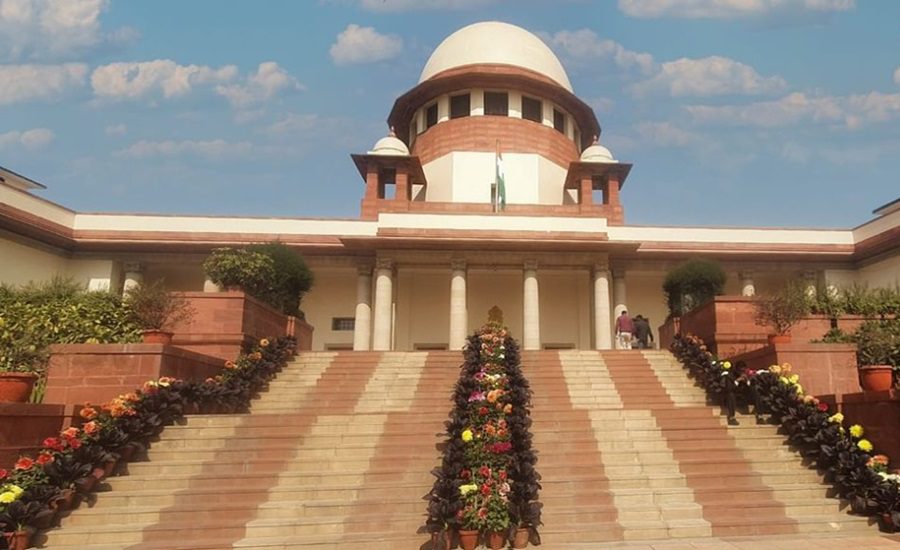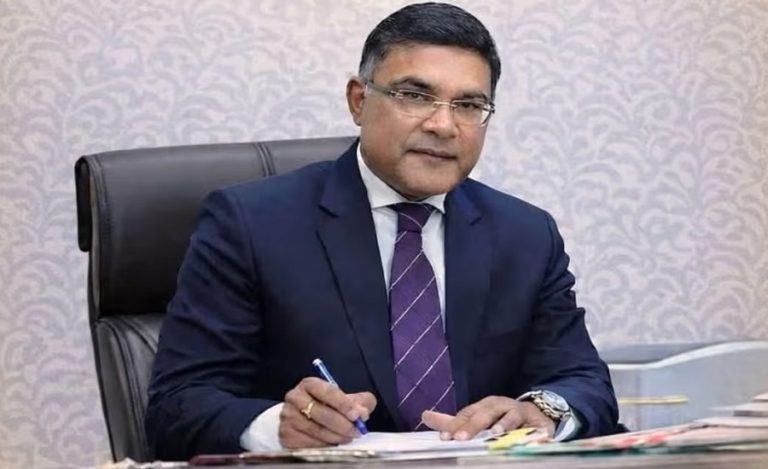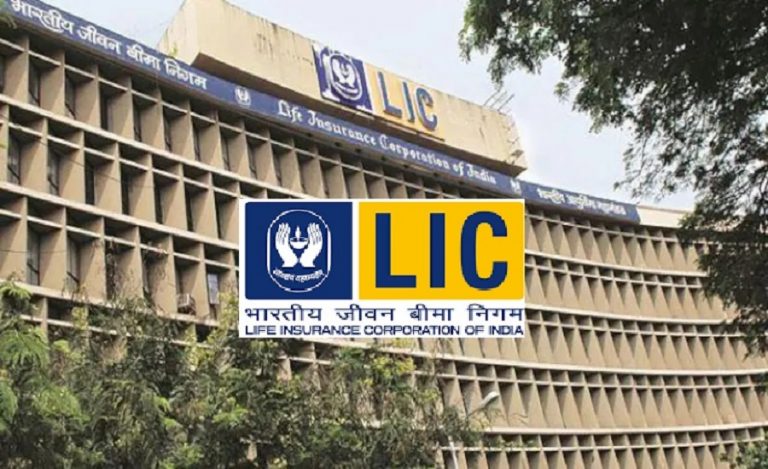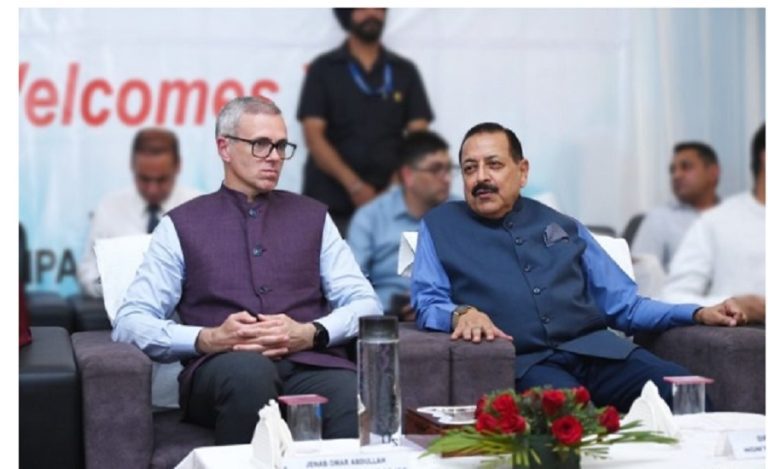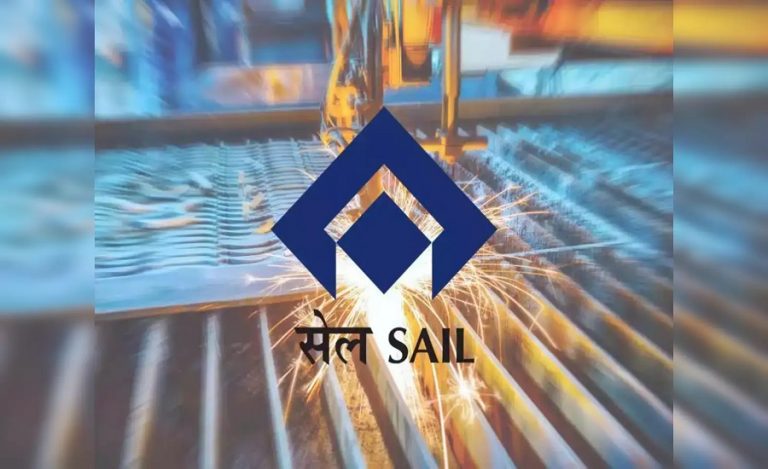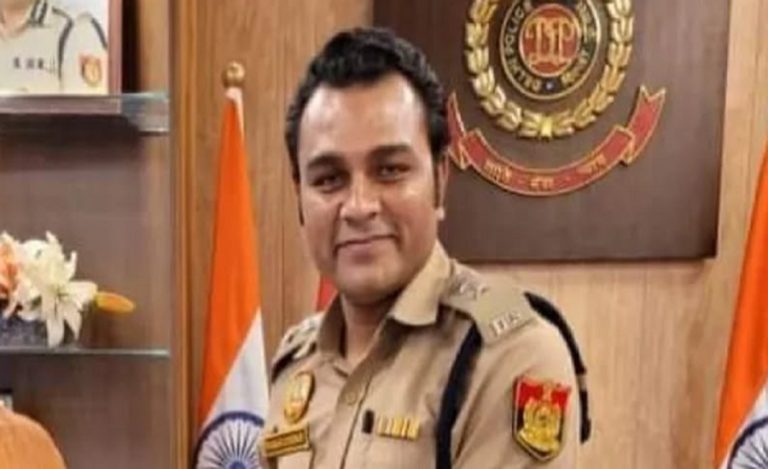New Delhi: The Bench, comprising B. R. Gavai (Chief Justice of India), K. Vinod Chandran J. and N. V. Anjaria J., ruled that unless exceptional circumstances exist, an investigating officer cannot summon an advocate representing an accused merely because of the lawyer-client relationship.
The issue began when several investigative agencies reportedly issued summonses to practising advocates seeking disclosure of their communications with clients. One such incident involved two senior advocates being asked to appear by a central probe agency.
Following this trend, the Supreme Court took up the matter suo motu to address the chilling effect on the legal profession and to protect the rights of accused persons to legal representation and confidentiality.
Key Directions and Legal Basis on Section 132
The Court pointed out that under Section 132 of the Bharatiya Sakshya Adhiniyam (BSA) 2023 (which replaced corresponding provisions under the Evidence Act), communications between a lawyer and client are privileged — the privilege belongs to the client.
The Court held that if a summons is to be issued under the exception (for example, where the communication is in furtherance of a crime), then:
→ It must explicitly state the facts on which the exception under Section 132 is invoked.
→ It must be approved in writing by a superior officer not below Superintendent of Police (SP) before issuance.
→ Such summons can be subject to judicial review under Section 528 of the Bharatiya Nagarik Suraksha Sanhita (BNSS) when issued to an advocate.
On digital devices and documents:
→ Documents in an advocate’s possession are not automatically privileged if they do not contain confidential communication.
→ If a digital device is required, it must be produced before a court, with notice to the advocate and client, and examined in presence of both and a technical expert, safeguarding confidentiality of other clients.
The Court clarified that in-house counsel (who are full-time salaried employees of a corporation) do not qualify as “advocates” for the purpose of Section 132 privilege, although communications with them may be protected under Section 134 of the BSA.
Importance of this Judgement
- It reinforces constitutional protections (Article 20(3) right against self-incrimination and Article 21 of fair procedure) by ensuring that lawyers cannot be forced to reveal private legal advice given to clients.
- It preserves the independence of the legal profession, recognising that advocates are part of the justice administration system and not mere instruments of investigation.
→ For investigative agencies, it mandates checkpoints and procedural safeguards before summoning lawyers — a move that brings clarity and avoids arbitrariness.
→ For clients and accused persons, it cements the ability to seek free and frank legal advice without fear that their lawyer might be coerced into disclosing communications.
Faces Behind This Judgement
The judgment was authored by Justice K. Vinod Chandran, under the Bench of CJI B. R. Gavai and Justice N. V. Anjaria. Their collective direction re-affirms decades of jurisprudence around legal professional privilege, while tailoring it to modern statutory frameworks (BSA 2023, BNSS).
Read Also: 20 Years of Waiting Ends: Delhi HC Delivers Scathing Verdict in CRPF Seniority Case
While the ruling does not single out any individual investigating officer, it places the responsibility squarely on the senior investigating officer (rank SP or above) to record justification before a lawyer summons is issued.
What Investigative Agencies Must Do Now
Before summoning an advocate, ensure written approval from a superior officer of at least SP rank.
- The summons notice must specify which exception under Section 132 BSA is being relied upon, and on what factual basis.
- If seeking access to an advocate’s device or documents, route only via the court, give notice to counsel & client, and restrict examination to relevant material; confidentiality of other clients must be maintained.
- Recognise that routine summons of lawyers simply because they represent a client is prohibited and can be challenged in court.
What Lawyers and Clients Should Know
- Advocates should maintain confidential communication records, and be prepared to invoke privilege when appropriate.
- Clients should be aware that their legal discourse with their counsel enjoys statutory protection; this encourages open dialogue. However, if the communication is about furthering a crime or the lawyer has aided the client in crime/fraud, the privilege does not apply.
- In-house legal advisers should note that they do not enjoy Section 132 privilege in the same way as court-practising advocates; their communications may be covered under Section 134 but with different contours.
Looking Ahead: Impact & Compliance of Section 132
This ruling is likely to prompt agencies to revise SOPs for summoning legal professionals. It may also trigger training for investigating officers on the statutory boundaries of BSA/BNSS and lawyer-client privilege. Further, bar associations and legal bodies can use this judgment as a reference to monitor misuse of summons to counsel.

